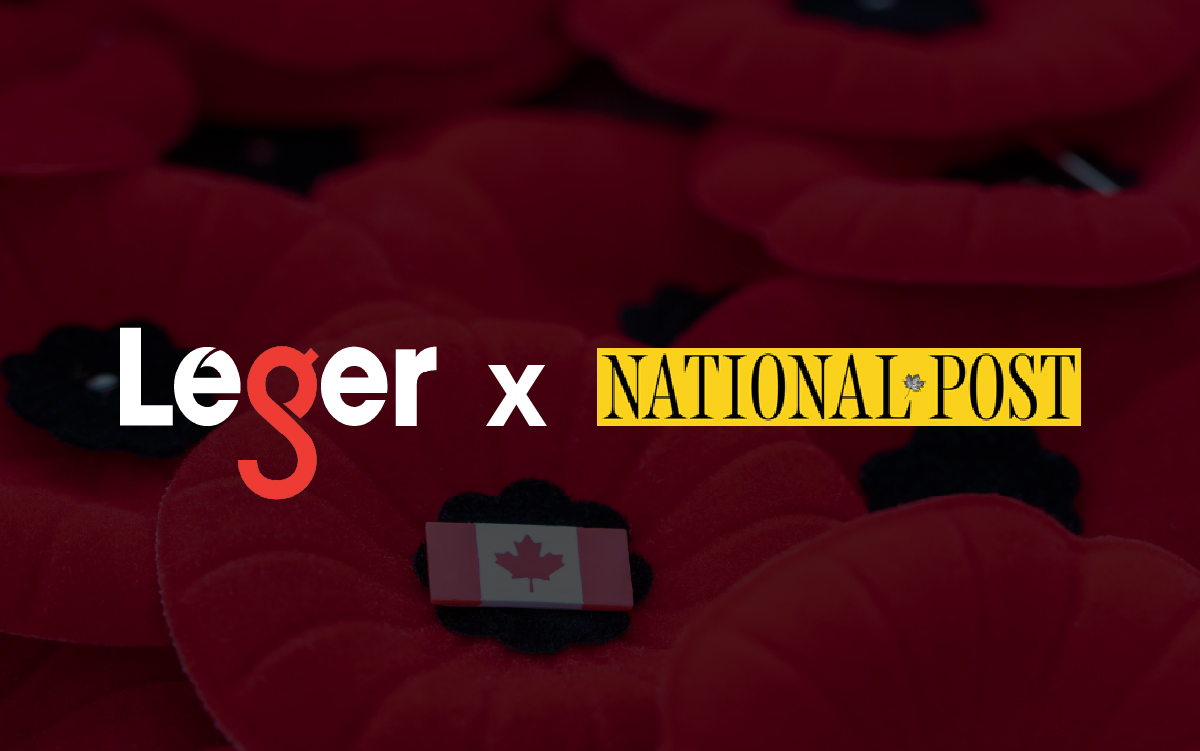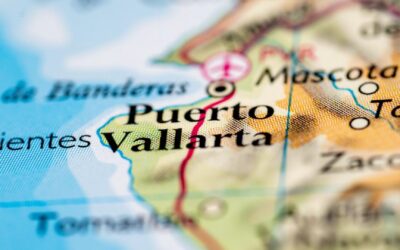From November 1 to 3, 2024, we surveyed Canadians on Remembrance Day.
Some of the key highlights of our survey about Pride with the military, veterans and Remembrance Day…
- A majority of Canadians feel the government and Canadians in general, are not prideful of their military forces. Only 40% of Canadians think that Canadians take enough pride in our country’s military, and 38% think that the government of Canada takes enough pride in our country’s military.
- Generationally, younger adults, under 35, are more likely to feel the government and Canadians take pride in the military (~50%) compared to Canadians aged 55 and older (~33%).
- More than half of Canadians (53%) believe the government does not provide adequate support for veterans, while 23% think the government does enough.
- Younger Canadians under 35 are more likely to feel the government does enough to support veterans (32%) while older Canadians, age 55 and older, are most likely to feel the government does not to do enough (68%). Conservative voters (65%) are more likely to believe that the government is not doing enough.
- The most common means to recognize Remembrance Day by Canadians will be to wear a poppy. Six in ten Canadians (58%) plan to wear a poppy this year. 45% say they will observe 2 minutes of silence. 17% of Canadians say they will not participate in any activities to observe Remembrance Day, with this proportion rising to 40% among Quebecers.
- Generationally, while younger adults (<35) are less likely to wear a poppy or observe 2 minutes of silence compared to older Canadians, it is respondents aged 35 to 54 who are most likely to not observe Remembrance Day at all (23%).
- It is noteworthy that the percent of respondents saying they will not observe the Day, is lower in the provinces that have set aside Remembrance Day as a statutory holiday (MB/SK, AB and BC).
Methodology
This web survey was conducted from November 1 to November 3, 2024, with 1,549 Canadians aged 18 or older, randomly recruited from LEO’s online panel. A margin of error cannot be associated with a non-probability sample in a panel survey.
For comparison purposes, a probability sample of this size yields a margin of error no greater than ±2.49%, (19 times out of 20) for the Canadian sample.




